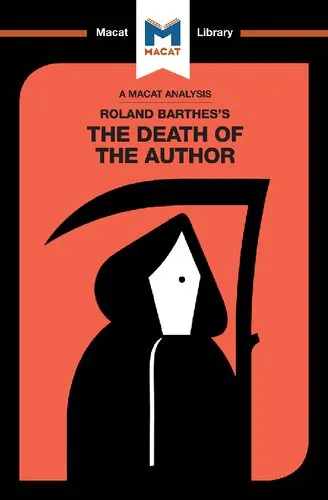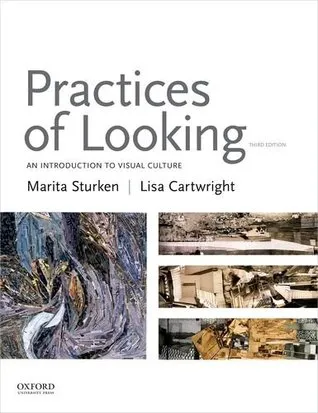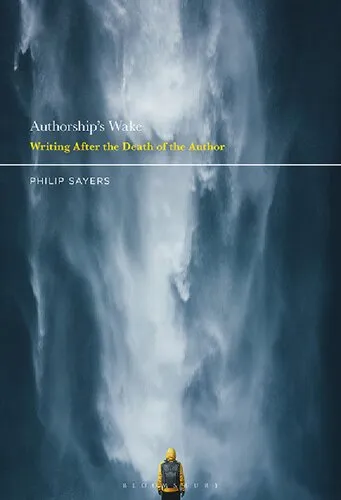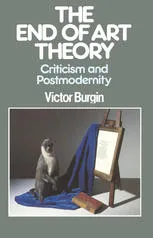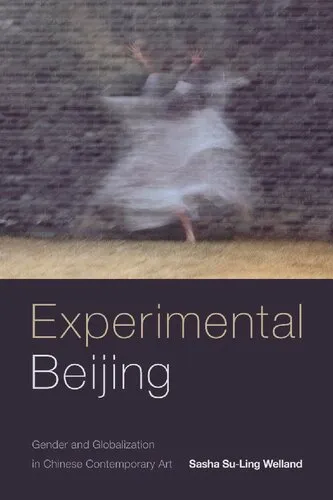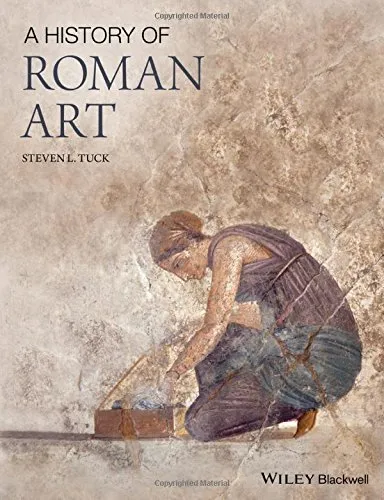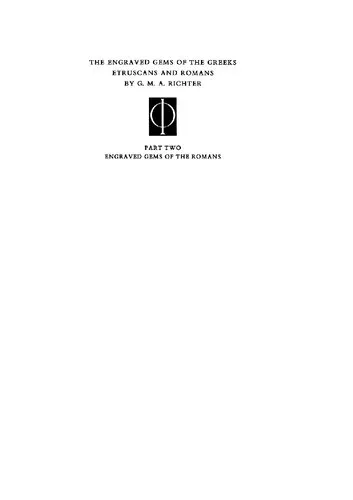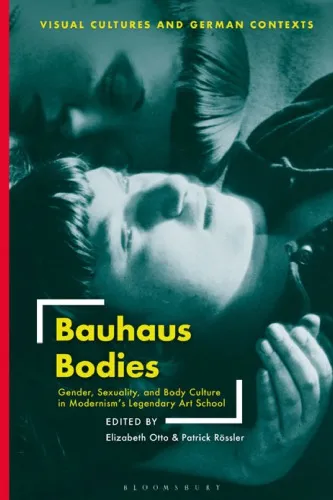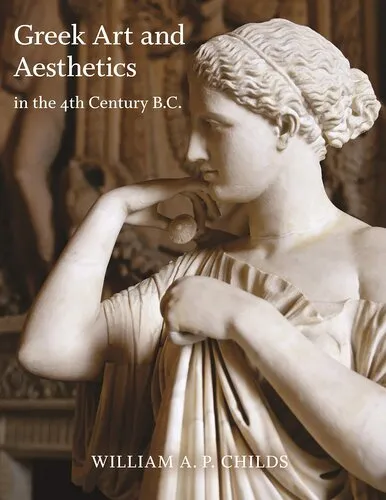An Analysis of Roland Barthes’s The Death of the Author
4.2
Reviews from our users

You Can Ask your questions from this book's AI after Login
Each download or ask from book AI costs 2 points. To earn more free points, please visit the Points Guide Page and complete some valuable actions.Related Refrences:
Welcome to an engaging exploration of one of the most influential essays in literary theory, "The Death of the Author" by Roland Barthes. This book, "An Analysis of Roland Barthes’s The Death of the Author," is dedicated to unraveling the profound implications of Barthes's work and its enduring impact on modern thought. Barthes challenges the traditional role of authorship, positing that the author's intentions and biographical context should not dictate the interpretation of a text. By delving into the depths of this critical theory, readers gain insights into the separation of text and author, which shifts the power of interpretation to the reader.
Detailed Summary of the Book
"An Analysis of Roland Barthes’s The Death of the Author" meticulously dissects Barthes’s central thesis—that authors should be removed from their texts, allowing the work to speak for itself. The book delves into Barthes' argument that when an author writes, they lose control over their work, meaning is instead created in the interaction between the reader and the text. This analysis navigates Barthes's critique of traditional literary criticism, which often prioritizes authorial intent and biography, arguing this approach limits the richness of textual interpretation. By presenting various examples and counterarguments, the book showcases how the theory of "The Death of the Author" opens up new pathways for analyzing literature, emphasizing the active role of the reader in creating meaning.
Key Takeaways
- The author's intent is not the final authority on a literary work's meaning.
- The interpretation of a text is subjective and varies between different readers.
- "The Death of the Author" contributed significantly to the development of poststructuralist and deconstructionist theories.
- Literature is more open to interpretation when divorced from the author's personal context and intentions.
Famous Quotes from the Book
"A text's unity lies not in its origin but in its destination."
"The birth of the reader must be at the cost of the death of the Author."
Why This Book Matters
"An Analysis of Roland Barthes’s The Death of the Author" is crucial for students, scholars, and enthusiasts of literary theory. Its examination of Barthes’s essay presents a paradigm shift in how we view literature and textual analysis, encouraging readers to embrace multiple interpretations and thereby enriching the reading experience. This book provides a comprehensive understanding of Barthes’s ideas and situates them within the broader context of literary criticism and postmodern thought. As contemporary culture increasingly questions the nature of authorship in various media, from books to digital platforms, the concepts discussed in this book continue to resonate, influencing current critical approaches and conversations about creativity, originality, and textuality.
Free Direct Download
You Can Download this book after Login
Accessing books through legal platforms and public libraries not only supports the rights of authors and publishers but also contributes to the sustainability of reading culture. Before downloading, please take a moment to consider these options.
Find this book on other platforms:
WorldCat helps you find books in libraries worldwide.
See ratings, reviews, and discussions on Goodreads.
Find and buy rare or used books on AbeBooks.
1583
بازدید4.2
امتیاز0
نظر98%
رضایتReviews:
4.2
Based on 0 users review
Questions & Answers
Ask questions about this book or help others by answering
No questions yet. Be the first to ask!
